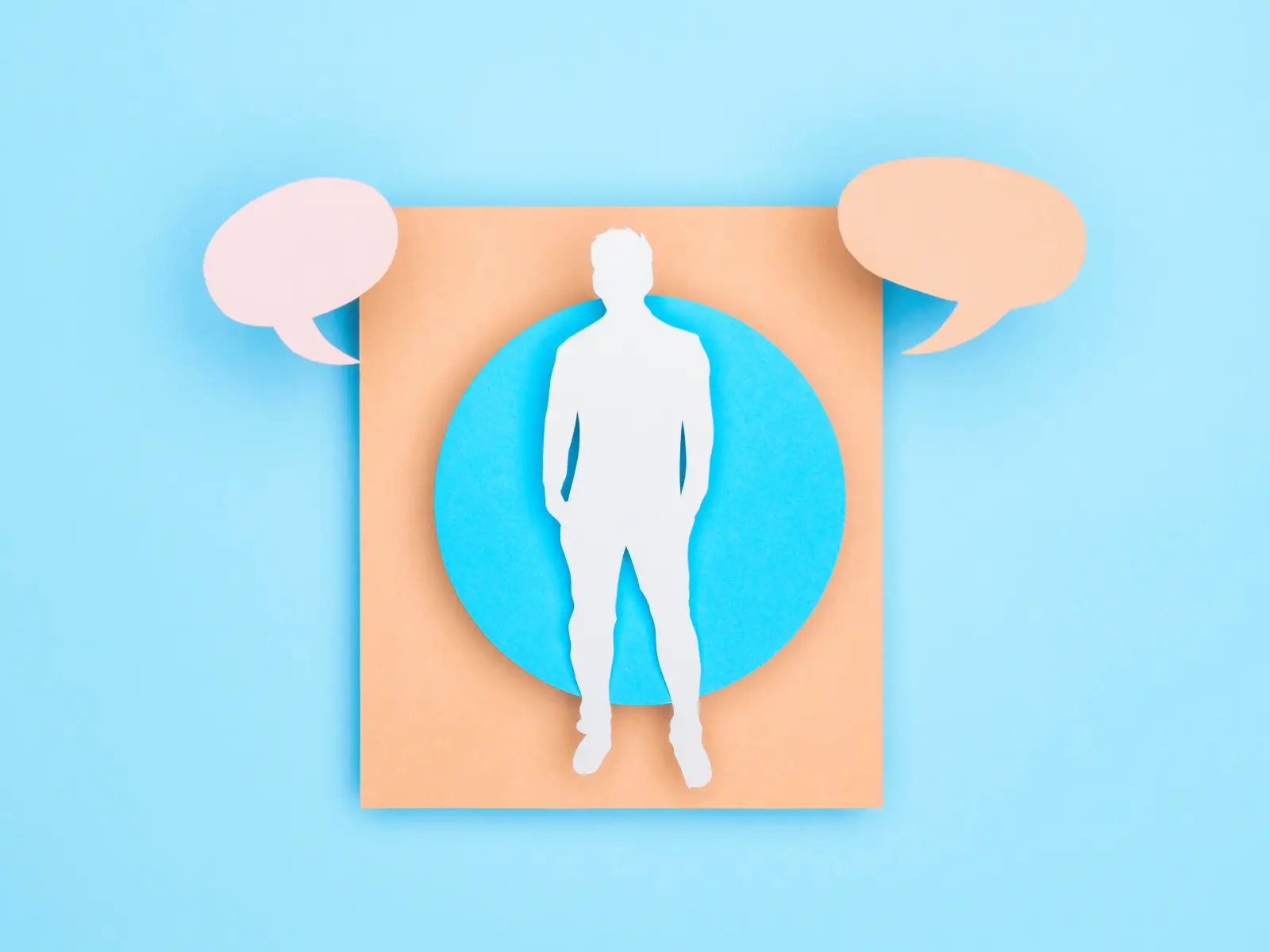Introduction
Depression is one of the most common mental health conditions, yet it remains one of the most misunderstood. Often dismissed as “just feeling sad,” depression is a serious condition with the potential to impact every aspect of a person’s life, from their relationships and career to their overall physical health. Recognising the signs of depression early on is crucial for effective treatment and long-term recovery.
Globally, depression affects more than 280 million people, according to the World Health Organisation (WHO). In the UK alone, it is estimated that 1 in 6 adults have experienced symptoms of depression in any given week. While it is normal to have low days, depression is characterised by persistent problems that don’t simply fade over time or with changes in circumstances.
This whitepaper outlines the various signs of depression, explains the differences in major depressive disorder, and highlights the importance of early diagnosis. By increasing awareness and understanding, together we can further break the stigma surrounding mental health.
Symptoms of Depression
The symptoms of depression can vary from person to person, but they generally fall into emotional, physical, and behavioural categories. Detecting these could be the first step towards helping yourself or someone else move towards a better mental health outlook.
1. Emotional Symptoms
- Persistent Sadness: A consistent feeling of sadness, hopelessness, or emptiness that lasts for weeks or longer.
- Loss of Interest or Pleasure: Activities or pastimes that once brought joy may no longer interest someone struggling with depression. This is known as anhedonia, a defining symptom of depression.
- Irritability: Irritation and frustration, even over small or insignificant matters.
- Feelings of Guilt or Worthlessness: A depressed individual may feel overly critical of themselves or experience excessive guilt, even for problems they haven’t caused.
- Thoughts of Death or Suicide: In severe cases, individuals may think about suicide or even make plans, which requires urgent professional intervention.
2. Physical Symptoms
- Fatigue: One of the most common signs of depression is low energy or persistent feelings of tiredness, no matter how well someone sleeps.
- Changes in Appetite: This can range from loss of appetite and significant weight loss to overeating and sudden weight gain.
- Sleep Disturbances: Depression affects sleep patterns, causing insomnia, broken sleep, or in some cases, excessive sleeping (hypersomnia).
- Aches and Pains: Some may experience unexplained headaches, digestive issues, or muscle pain, as depression can affect the body as well as the mind.
3. Behavioural Symptoms
- Social Withdrawal: Avoiding friends, family, or gatherings, sometimes due to feelings of shame or fear of judgment.
- Difficulty Concentrating: Depression can cause problems with focus or decision-making, impacting work or personal responsibilities.
- Loss of Productivity: Tasks may feel overwhelming, leading to procrastination or struggling to complete daily responsibilities.
Recognising these early warning signs allows individuals and loved ones to seek support before the depression worsens.
Understanding Major Depressive Disorder
What Sets Major Depression Apart?
Major depressive disorder (MDD) is a clinical diagnosis that goes beyond occasional sadness. Also referred to simply as major depression, MDD is distinguished by its intensity and the way it affects a person’s ability to maintain normal daily activities.
Causes of Major Depression:
- Biological Factors: Depression can result from changes in brain chemistry, particularly in neurotransmitters like serotonin and dopamine.
- Genetics: A family history of depression increases the likelihood of developing the condition.
- Environmental Factors: Stressful life events like losing a loved one, financial pressures, or relationship breakdowns can contribute to depression.
- Hormonal Imbalances: Conditions such as postpartum depression or depression linked to thyroid issues can stem from hormone fluctuations.
Different Types of Depression:
- Chronic Depression (Dysthymia): A milder but more persistent form of depression lasting years, known as persistent depressive disorder.
- Seasonal Affective Disorder (SAD): A form of depression that occurs seasonally, often during the winter months due to reduced sunlight.
- Postpartum Depression: Depression experienced by some women during or after pregnancy.
- Atypical Depression: Includes symptoms such as increased appetite or mood swings, opposing some of the “typical” signs of depression.
Every diagnosis is unique, and understanding the different forms of depression can help lead to appropriate treatment.
The Importance of Diagnosis
Why Seeking a Diagnosis is Crucial
Many people struggling with depression never reach out for help because they are unaware of the symptoms or fear judgment. However, depression is a condition where accurate diagnosis and treatment can lead to recovery, allowing individuals to regain control of their lives.
A professional diagnosis involves consultations with a GP, psychologist, or psychiatrist to evaluate the symptoms of depression. Healthcare providers may use tools like the Patient Health Questionnaire (PHQ-9) to assess the severity of symptoms and recommend appropriate treatments.
Untreated depression doesn’t just persist—it can escalate, affecting not just mental health but also physical health, relationships, and performance at work. Early diagnosis means faster intervention and better outcomes.
Effective Treatments for Depression:
Once diagnosed, depression can be treated through a combination of therapies, medication, and practical changes:
- Psychotherapy: Cognitive Behavioural Therapy (CBT) is a widely used technique that helps individuals reframe negative thought patterns. Talk therapy provides emotional relief and coping mechanisms.
- Medication: In cases of major depression, antidepressant medication such as SSRIs (Selective Serotonin Reuptake Inhibitors) may be prescribed to regulate brain chemistry. Always consult a healthcare professional for this.
- Lifestyle Adjustments: Incorporating exercise, improving diet, and reducing stress can have a positive impact.
For many people, a combination of these therapies is the most effective path to recovery.
Conclusion
Depression is a serious, yet treatable mental health condition. Recognising the signs of depression—whether it’s persistent sadness, fatigue, or changes in appetite—can help lead to intervention before the situation worsens. Understanding depression, especially major depressive disorder, helps us grasp the extent to which it can impact every aspect of a person’s life while reinforcing the importance of seeking a professional diagnosis.
Let us continue to increase depression awareness and reduce the stigma surrounding mental health. If you or someone you know is experiencing symptoms of depression, reaching out to a GP, mental health professional, or support service could be the first step in a journey towards healing and recovery.










